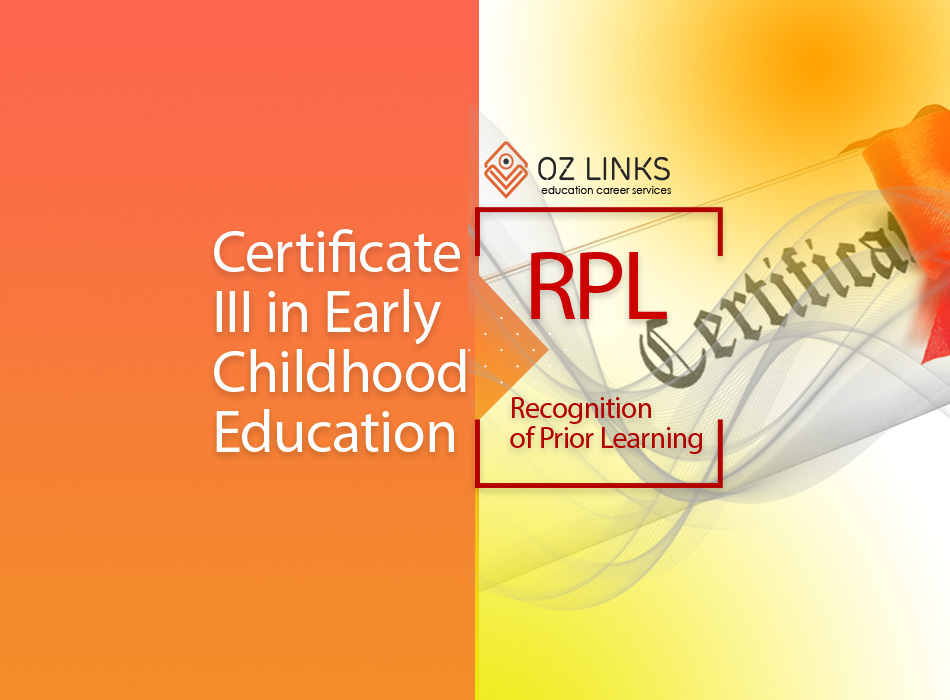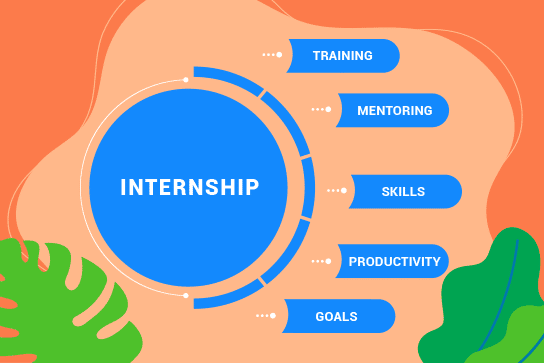Last Updated on October 23, 2025 by Ozlinks Education
Diploma of Community Services
The Diploma of Community Services emphasises the critical role of community service workers, who provide essential support to individuals and families to enhance their overall well-being and quality of life. Their responsibilities include a combination of direct assistance with daily activities, case management, and advocacy for vulnerable populations. These professionals work to address social issues and help clients access vital services such as housing and healthcare, ultimately striving to foster stronger, more supportive communities.
To attain the CHC52021 Diploma of Community Services qualification, you must demonstrate competency in a total of 20 units.
- 12 core units
- 8 elective units
Why do I need this qualification?
A Diploma of Community Services equips individuals with the essential skills and knowledge for a career dedicated to assisting people, groups, and communities. This qualification is vital for various roles, including case managers, community development workers, and support workers, and serves as a foundation for advanced careers such as social work. It imparts practical, employment-ready skills that enable graduates to work in a range of environments, including government, non-government, and nonprofit organisations.
Skills Assessment SupportWhat does a community worker do?
A community worker facilitates community development initiatives and collective solutions within a community to address issues, needs and problems associated with recreational, health, housing, employment and other welfare matters.
Their job involves:
- assessing clients’ needs and planning, developing and implementing educational, training and support programs
- interviewing clients and assessing the nature and extent of difficulties
- monitoring and reporting on the progress of clients
- referring clients to agencies that can provide additional help
- assessing community need and resources for health, welfare, housing, employment, training and other facilities and services
- liaising with community groups, welfare agencies, government bodies and private businesses about community issues and promoting awareness of community resources and services
- supporting families and providing education and care for children and disabled persons in adult service units, group housing and government institutions
- supervising offenders on probation and parole
- assisting young people to solve social, emotional and financial problems
- preparing submissions for funding and resources, and reports to government bodies and other agencies
What is Recognition of Prior Learning?
The Australian Qualification Framework (AQF), overseen by the Department of Education in collaboration with the states and territories, ensures that all students have the right to have their prior education, relevant work experience, and training recognised. This facilitates their progression towards and between qualifications.
Each registered training organisation (RTO) has its own policies and procedures for assessing your eligibility for Recognition of Prior Learning (RPL), although the fundamental principles remain consistent. The experience and skills you have acquired through your work can help you complete a qualification more quickly, thereby reducing the time commitment required to undertake a course and bringing you closer to your desired career.
The advantages of using RPL program
Recognition of Prior Learning (RPL) program offer numerous benefits, including time and cost savings by validating existing skills and experience, expedited qualification achievement, and improved employment prospects. RPL program helps you:
- There is no need to relearn what you already know.
- It saves both your time and tuition fees.
- Assist you in achieving your career change objectives in Australia.
- Gaining an Australian qualification requires less time.
- You do not need to attend classes or redo the training you have already completed.
- Open new career opportunities in the automotive industry.
- Obtain a qualification to satisfy the visa or skills assessment requirements.

Evidence requirements
Below is the general list of documents that you are required to provide to support your RPL assessment application:
- 100 points of identification documents (ID)
- A current resume outlines your relevant employment history
- Student USI number
- Evidence of employment indicates that you have been working at the hospitality management level, including an employment reference letter, an employment contract, payslips, an income statement, and superannuation.
- Workplace photos and videos that showcase you performing your tasks in accordance with the job duties outlined above demonstrate your competency in the relevant qualification.
Note: Additional gap training may be necessary to address any areas for improvement and to ensure a positive assessment outcome. An RTO assessor might conduct a competency interview with you to identify any existing training gaps.
How does Ozlinks Education help with RPL?
Ozlinks Education can assist you with the Recognition of Prior Learning (RPL) process by acting as your agent. We will guide you through every step, from preparing your application to obtaining a formal qualification. Our services include gathering and preparing required documents; locating a suitable Registered Training Organisation (RTO) partner; and offering tailored support to help you convert your work experience into a recognised certificate.
RTO partnership
As an education agent, we maintain partnerships with various RTOs, enabling you to access a diverse range of RPL programs and select a qualification that aligns with your skills.
Application assistance
We assist you in preparing and submitting your application by guiding you through the process and clarifying the requirements for skill assessment.
Document preparation:
We assist you in preparing your employment portfolio and collecting the essential evidence to showcase your skills and experience.
Tailored support
Our team offers personalised support to maximise your chances of successfully obtaining the qualifications necessary to advance your career.



